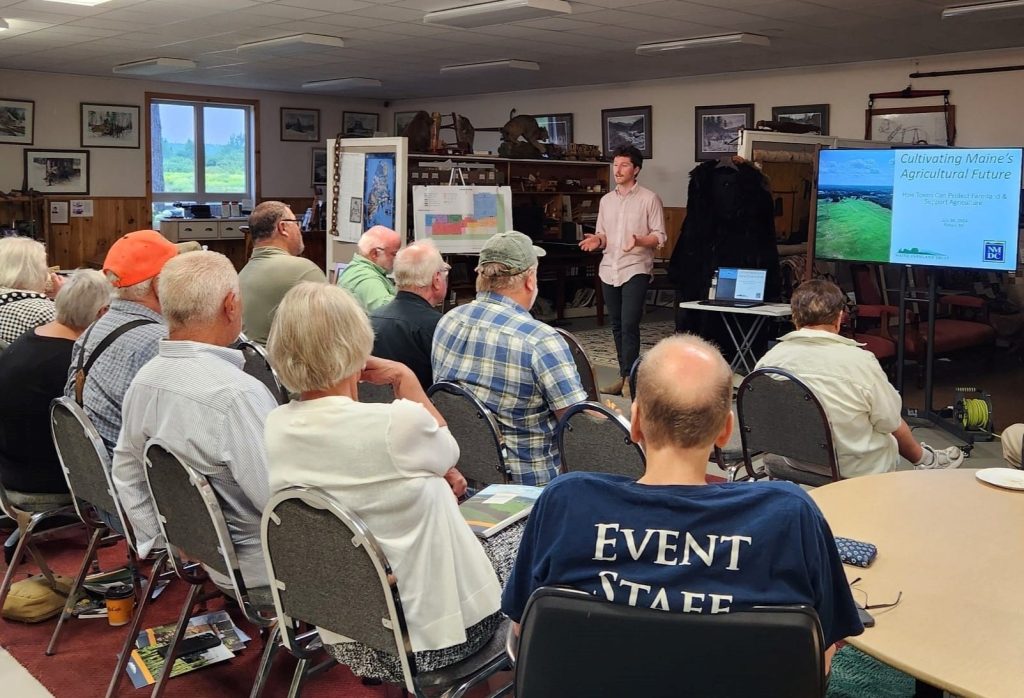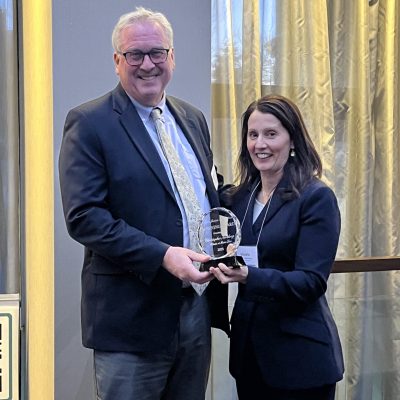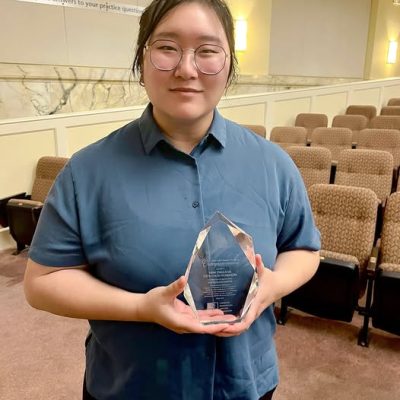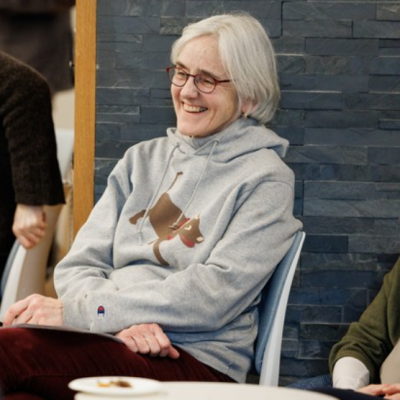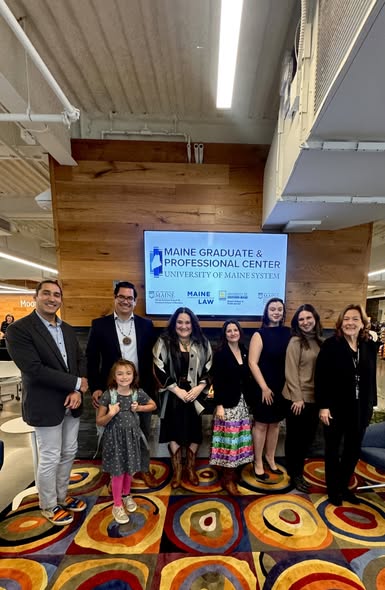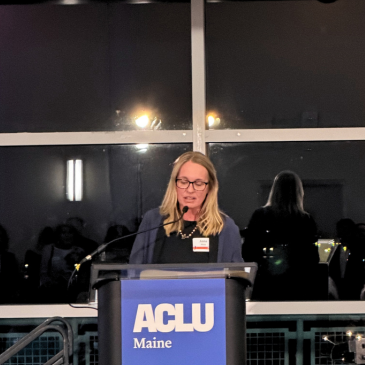For the past couple of years, incoming 1L Thacher Carter worked as the Municipal Policy Associate with Maine Farmland Trust. The job involved extensive research and writing to update the organization’s municipal planning guide, a resource for local governments on how to responsibly promote agriculture and protect farmland in their communities.
When Carter stepped into the position it felt a bit like falling off a diving board into the deep end.
“One of the first things I began digging into was the dense legal language and layout of land use ordinances,” he recalled. “As the months moved by, however, I really started to learn the language. Now, I can read through land use ordinances without any trouble.”
The experience gave Carter an appreciation for his own aptitudes as well as a deepening interest in attending law school. Legal jargon, case studies, critical thinking, all facets of Carter’s job he enjoyed are also the hallmarks of a legal education.
While Carter became interested in a law degree generally, several aspects of his personal and professional life compelled him towards Maine Law specifically.
As an undergraduate, Carter majored in environmental studies and English at St. Lawrence University. He grew up always outdoors in Maine and spent his summers at college as part of a hut crew for the Appalachian Mountain Club. In the same way his work with the trust broadened his horizons and deepened his capabilities, working along the Appalachian Trail in the White Mountains taught him a lot about himself and instilled in him an abiding love of nature.
“Living in the national forest really grew my appreciation for the natural environment, and I learned a lot about collaborative work and dedication during those summers,” he explained. “Being tasked with everything from meal prep to search and rescue really expands your notion of what you can accomplish.”
All of these experiences led Carter to Maine Law and its Environmental Law program. He is also the recipient of the Energy and Environmental Law Fellowship, which will facilitate the experiential learning Carter craves.
“I’m really excited by all the experiences available at Maine Law,” he added. “I’m also very interested in the option of doing a semester with the Rural Practice Clinic up in Fort Kent. Long-term I’m interested in remaining in Maine and I think understanding rural practice would be an asset.”
Finally, Carter said, he landed on Maine Law for a reason he feels isn’t discussed enough; it’s affordability. Law school can be a massive undertaking both intellectually and financially, and Carter said it is difficult to find a program that feels financially viable without sacrificing quality.
“I think that this is something that should be talked about and emphasized more in the world of academia,” he said. “I know it’s a priority to a lot of students, and I really respect that it remains a priority for Maine Law.”

